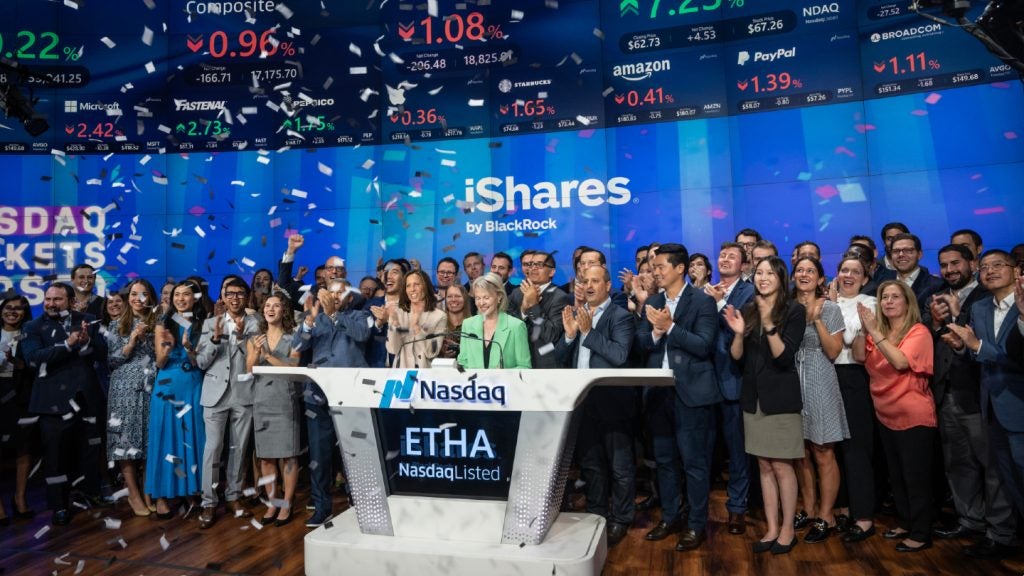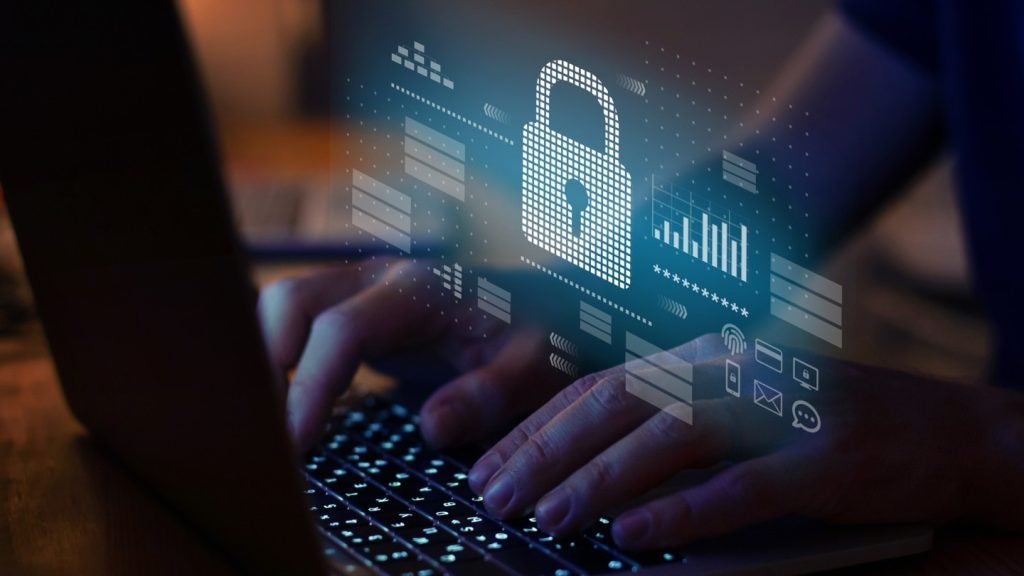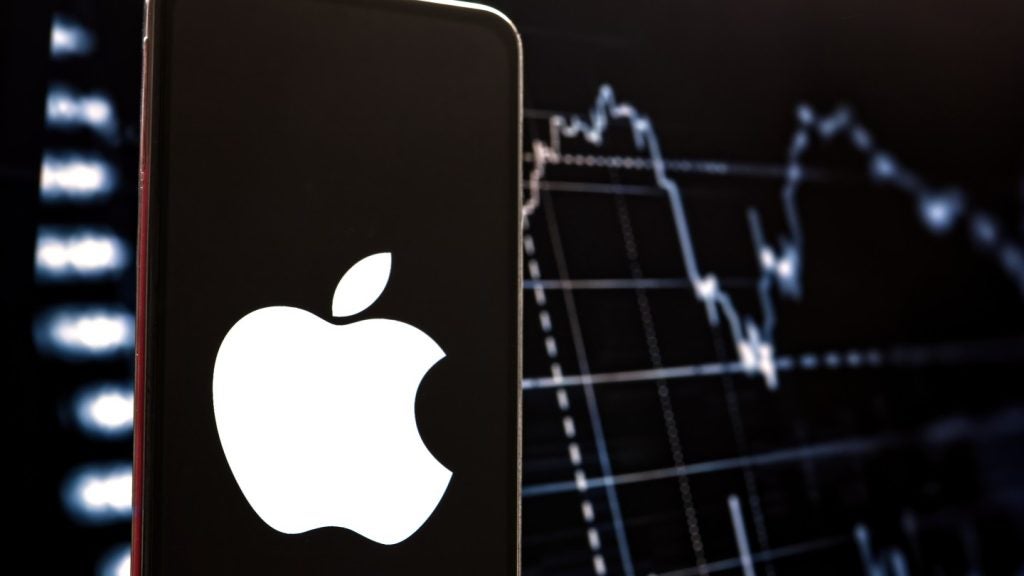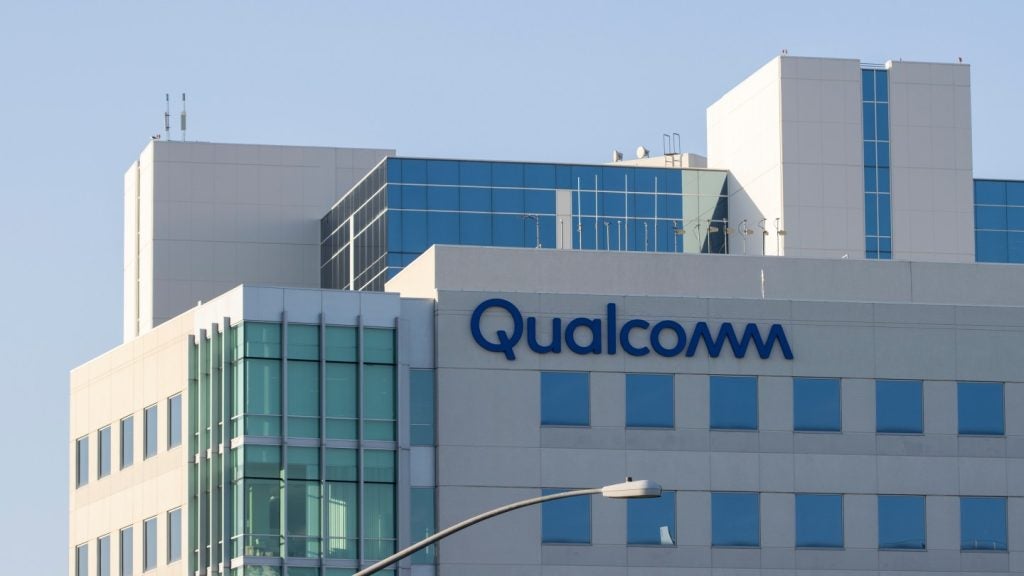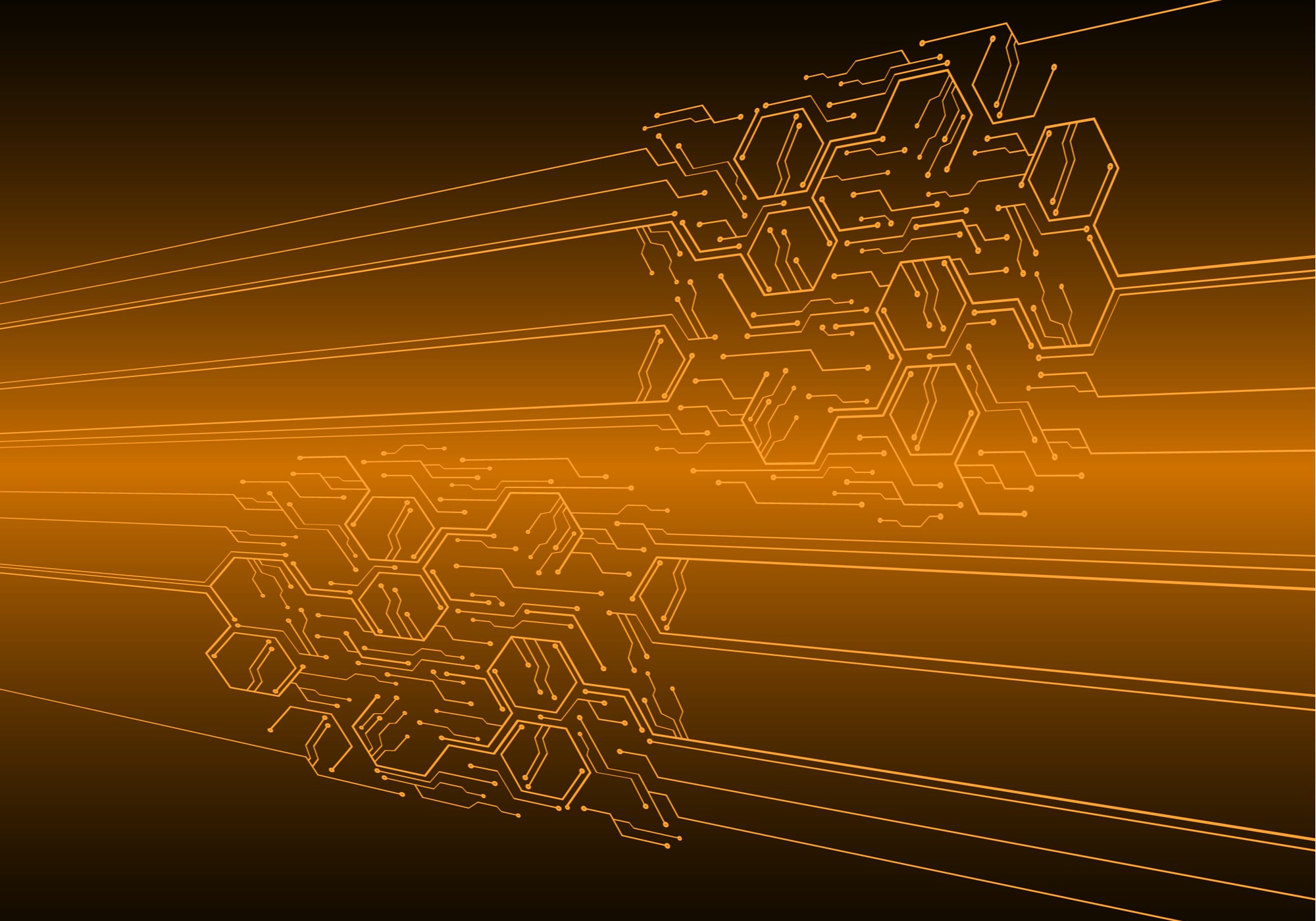
Michal Pechoucek is the CTO of Avast, a Czech multinational cybersecurity software firm that specialises in antivirus protection.
Founded in 1988, Avast uses its cloud-based machine learning engine to monitor and learn from online activity to spot cyber threats. According to its own figures, it prevents 1.5 billion cyberattacks each month.
In this Q&A, the 15th in our weekly series, Pechoucek discusses his work with Avast. He explains why artificial intelligence (AI) is key to predicting both biological and computer viruses, shares the best advice he’s received and describes his approach to separating hype from disruptor.
Rob Scammell: Tell us a bit about yourself – how did you end up in your current role?
Michal Pechoucek: I’m passionate about AI, and exploring how it can help protect people online. I’ve spent the majority of my career as an AI/computer science professor and led departments at Czech Technical University, University of Southern California, UC Berkeley and the University of Edinburgh, among others.
During this time, I co-founded several start-ups with my former PhD students. One of the successful businesses, Cognitive Security, was an early player in the development of machine learning technology for cybersecurity firms, and was later acquired by CISCO Systems.
Towards the end of 2019 I stepped into my current role as CTO to work in the field of AI and cybersecurity. I was joined by four leading AI scientists from Czech Technical University, and we have since been working collaboratively to build a modern AI/ML research centre. Evolving cybercrime techniques are one of the biggest societal challenges of our time, and the technology industry working in partnership with academia is a crucial means of rising to that challenge.
What’s the most important thing happening in your field at the moment?
There’s a huge uptake in AI by defenders like ourselves, but also attackers. We’re also noticing a shift towards a more holistic approach to cybersecurity. Instead of just protecting PCs, phones and servers, there is a greater focus on protecting online identity and privacy. And it’s for this reason that we’re piloting innovation projects on how to make our lives online more convenient and secure.
Which emerging technology do you think holds the most promise once it matures?
The internet of things (IoT) is unquestionably making our lives easier and more convenient, and the intersection of digital and physical worlds is an exciting one. In the beginning, the focus was to take things digital, but now we are bringing digital to the physical. However, IoT does present significant challenges in the form of security and privacy risks. Mitigating these risks and protecting consumers and businesses from them will be an ongoing focus for us at Avast.
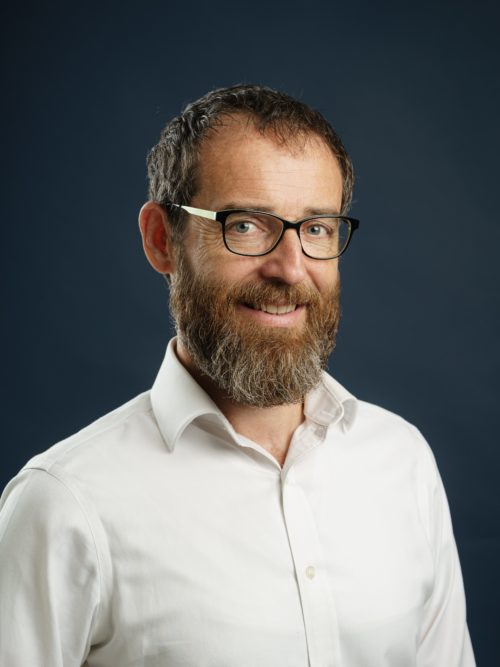
How do you separate hype from disruptor?
I am a scientist, so hype and disruption differ with respect to how much the trend is rooted in science and technology. From that perspective, AI is not hype. It’s disruptive. I have lived through many AI winters in the past. We are definitely not experiencing an AI winter right now.
What’s the best bit of advice you’ve been given?
Do not be afraid to think big, but stay focused and patient. This is what I have been doing throughout my professional career. When my colleagues and I built the iconic AI Center in Czech Republic 20 years ago, we dreamt about AI changing the world. In the end, our dreams were fulfilled. Today, 20 years later, the research we carried out in the field of AI, machine learning, automated planning, game theory and cybersecurity has made a significant contribution to the understanding and adoption of AI and will continue to do so.
Where did your interest in tech come from?
I like complexity. When my fellow scientists were applying AI in image recognition and computer vision, I chose one of the most complex domains for AI application: cybersecurity. However, in my opinion, the greater the challenge the greater the societal impact. I’m driven by computer science research that has the potential to make a massive impact on society and people’s lives.
What does a typical day look like for you?
I wake up, do a bit of yoga, drink some good tea and have a freezing cold shower. Then I will either cycle to the office or take the tube, and spend my working day among my fellow engineers, scientists and colleagues. I also frequently stop by the university to lecture or work with my PhD students.
What do you do to relax?
As often as possible, I make sure I can have dinner with my family. If I get the time, I’ll go for a run or read a good book.
Who is your tech hero?
Elon Musk for having the courage and intellect to radically change the world in which we live (and even thinking about other worlds where we may live in the future). Also Satya Nadella for being able to turn around one of the biggest IT companies in the world.
What’s the biggest technological challenge facing humanity?
In my opinion, the biggest technological challenge is not understanding how computer viruses infect our devices, but how to develop immunology in the classical, biological sense. I believe that AI and computer science can help us to predict and sustain pandemics similar to the one we are currently going through.
Read more: CTO Talk: Q&A with BlackLine’s Pete Hirsch



